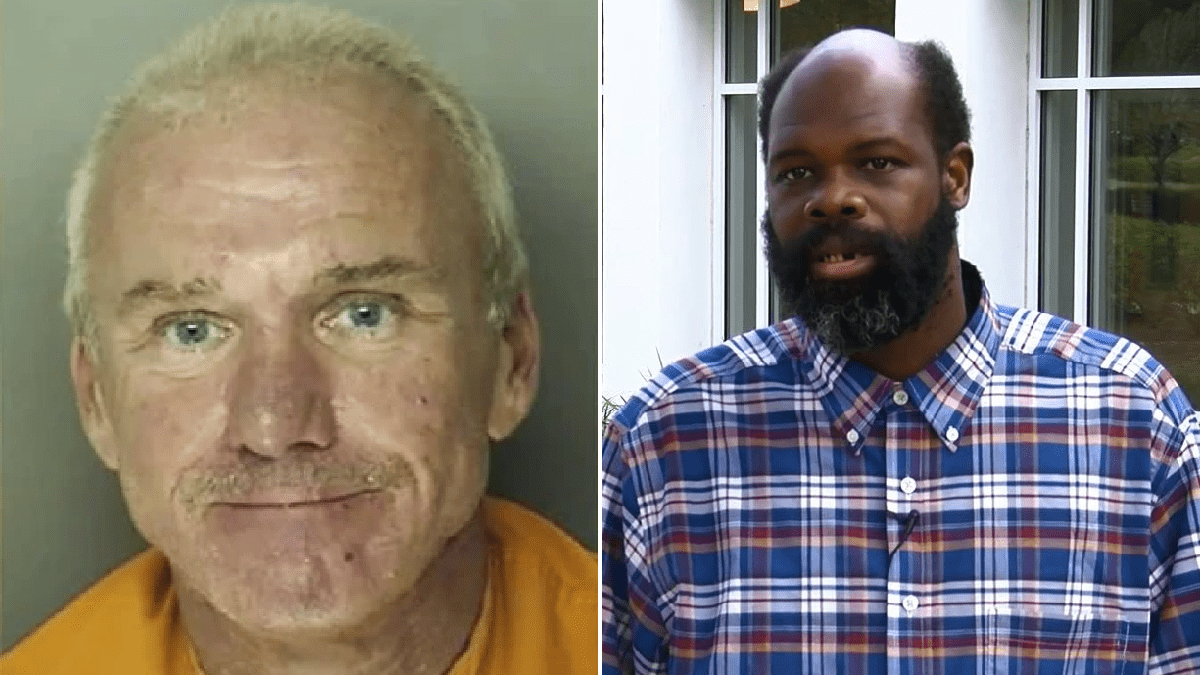
Black man enslaved by white boss for 5 years should be paid $500,000, court rules
A Black man who was “effectively enslaved” by his white manager should be paid $546,000 (£394,000) for the five years he was forced to work without pay, a court has ruled.
Bobby Paul Edwards coerced John Christopher Smith, who has a learning disability, to work for more than 100 hours a week at the J&J Cafeteria in Conway, South Carolina, between 2009 and 2014.
Mr Edwards was sentenced to 10 years in prison in 2019 after being investigated by the FBI and was ordered to pay Mr Smith a little over $273,000 (£197,000) in restitution.
But the Court of Appeals ruled on 21 April that Mr Smith should receive double that amount, because of the delay between completing his work and receiving payment.
“Minimum wages and overtime compensation must be paid on a current basis as work is done, such that an employee receives the prescribed compensation without delay,” Judge Paul V Niemeyer ruled.
“When an employer fails to pay those amounts, the employee suffers losses, which includes the loss of the use of that money during the period of delay.”
Judge Niemeyer concluded that Edwards had “effectively enslaved” Mr Smith for five years, during which time he was verbally and physically abused. Mr Smith was punched, beaten with kitchen pans, whipped with a belt and burnt on his neck with hot metal tongs for a supposed mistake.
Edwards kept Mr Smith isolated from his friends and family in an tiny apartment attached to the restaurant and forced him to work up to 17 hours a day, seven days a week. He was finally removed from J&J Cafeteria after the relative of a restaurant employee alerted authorities as to the abuse.
Prior to 2009, Mr Smith worked at J&J Cafeteria for 19 years under the management of other members of the Edwards family. He began working as a dishwasher at 12 years old before becoming a cook and was paid for his labour until the restaurant was taken over by Bobby Paul Edwards.
Mr Smith has said that he felt “unsafe” during the five years in which he was forced to work by Edwards, and that he “felt like [he] was in prison”.

